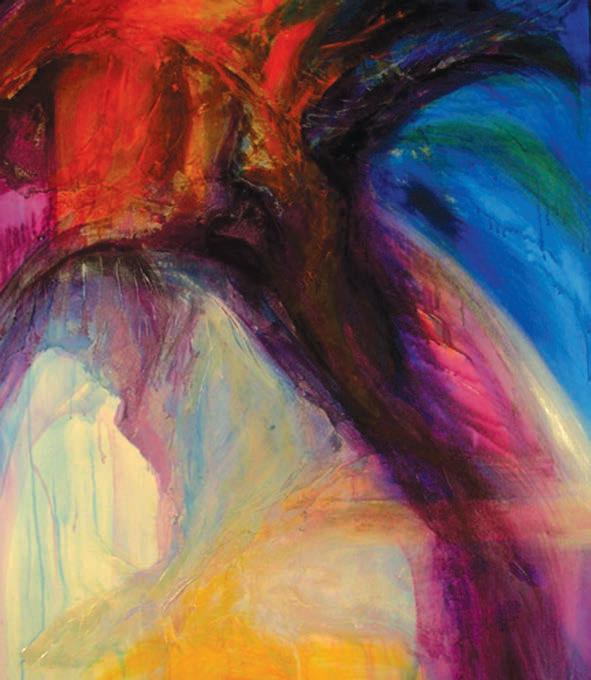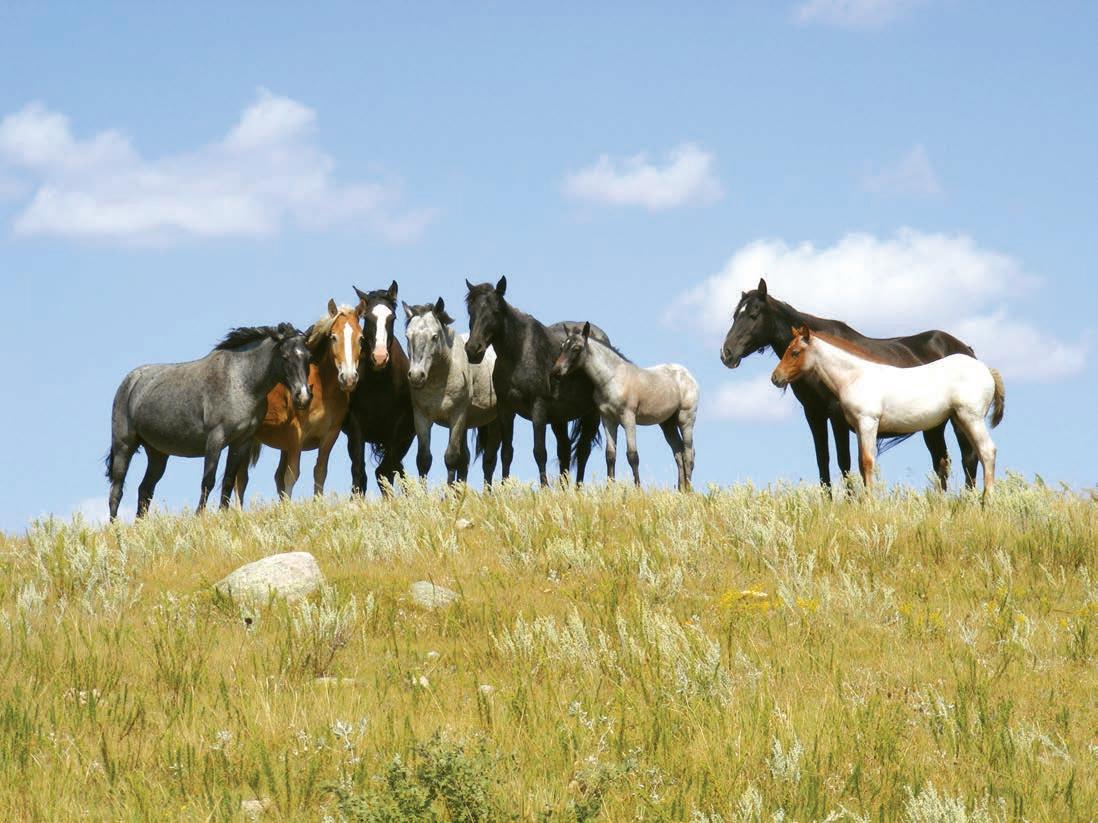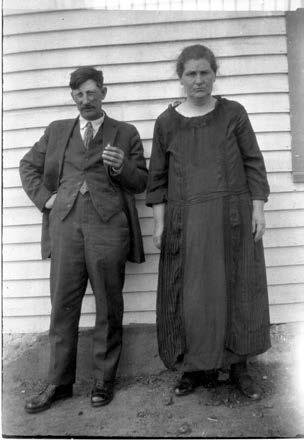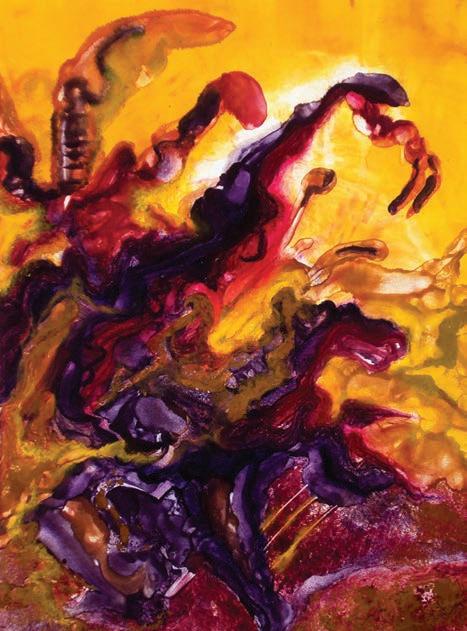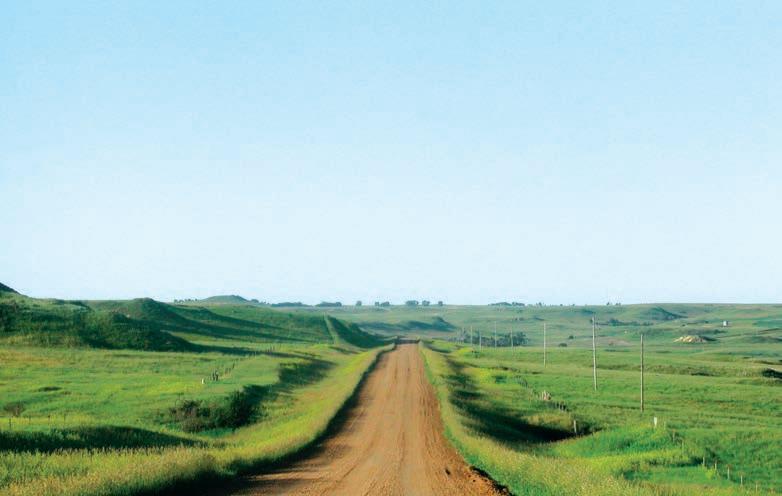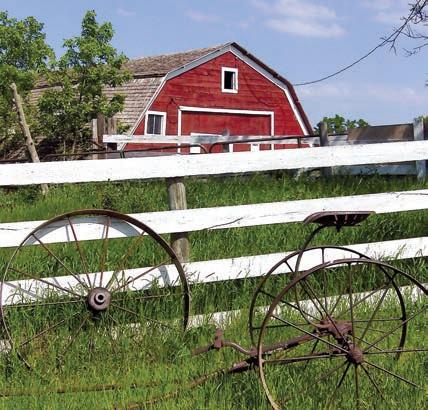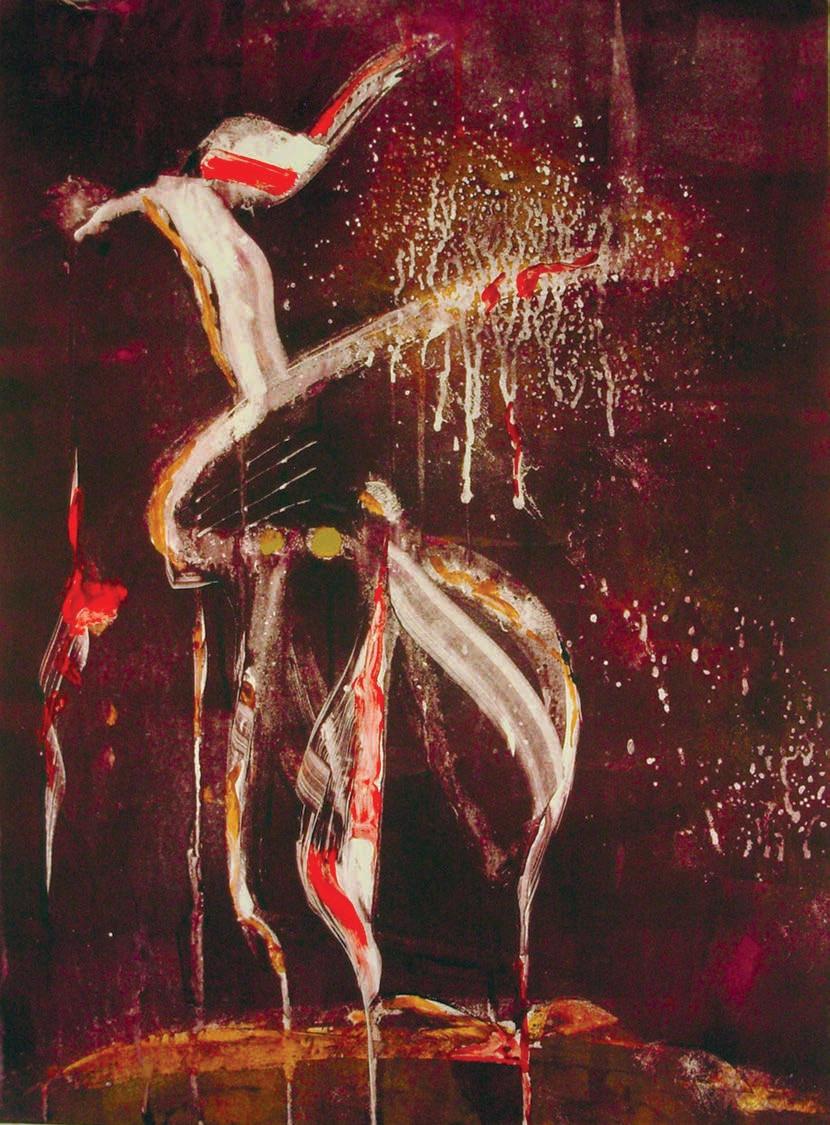[plain thinking]
God is Merciful; The Neighbors, Not So Much By Karen Herzog “Elsewhere, the sky is the roof of the world. But here, the earth is the floor of the sky.” - Willa Cather In the Coen brothers’ film Fargo, there is a moment of pinpoint accuracy that has stuck with me: when Steve Buscemi’s character ditches his stolen cash by burying it next to a fence line in a snow-driven landscape. Searching for a landmark to guide him back to it, he glances right and left. The fence goes into infinity in both directions, with not one other feature in the desolation around him. You can actually feel his hope die right there. Dead funny and spot-on. There’s also a cliché describing how people feel compared to the vastness of a starry sky: “Doesn’t it make you feel small?” I’ve never heard anybody who grew up in North Dakota say it. Duh. We live our lives under the sky, day and night, and we feel our scale underneath it quite clearly. Why belabor the obvious? Some call the prairie featureless, but it’s not. Redwinged blackbirds decorate the cattails. Rusting threshers sit sentinel on rises like husked locusts. Cattle idly switch flies off their backs in the summer. We have power lines and gravel roads and shelterbelts. Nothing to rival the sky, though. North Dakotans understand that we have some control over the earth. We can plow it and plant it and hope to harvest it. But all that work, in the end, comes down to what comes down from above, from the immense downturned bowl we live beneath. Rain, hail, sun, wind, tornado, frost, blizzard. How natural then, that “beneath” has become one of our basic understandings of our place, in this place. This landscape offers few places of concealment. You can’t really hide behind a barbed wire fence. Neglect of your crops or your livestock or your outbuildings will be revealed to anybody driving past. You can’t hide the evidence of your work habits, hence, your 34
character, from the community. And, like poor Lydia Bennett in Pride and Prejudice, the good opinion of your neighbors, your credibility, your respectability, once lost, is gone for good. In small communities, redemption is available, but in limited quantities and only after death. God is merciful; the neighbors, not so much. “Where there is bread, there is home.” – GermanRussian proverb All my great-grandparents were among those who immigrated to the Dakotas from crumbling czarist Russia, to claim some of the last free homesteading land still available. From their villages around the Black Sea, they had worked a unique pocket of another vast landscape, the Russian steppe. For more than 100 years, those Germans, speaking their antique Swabian dialect, had held fiercely together in their little colonies, islands in the vastness of Eurasia and aliens to the sea of Russians surrounding them. Fearful of the forced assimilation they foresaw coming, they picked up and emigrated. To another place where they were again the outsiders, the minority, the newcomers, starting from scratch. They bought land from ‘the English’ who had preceded them to the Dakotas in the decades following the Civil War. What those Back Easterners found here was a climate of fierce extremes. They found that breaking sod was breaking them. They had other skills and they mostly left and took themselves elsewhere. But these German-

